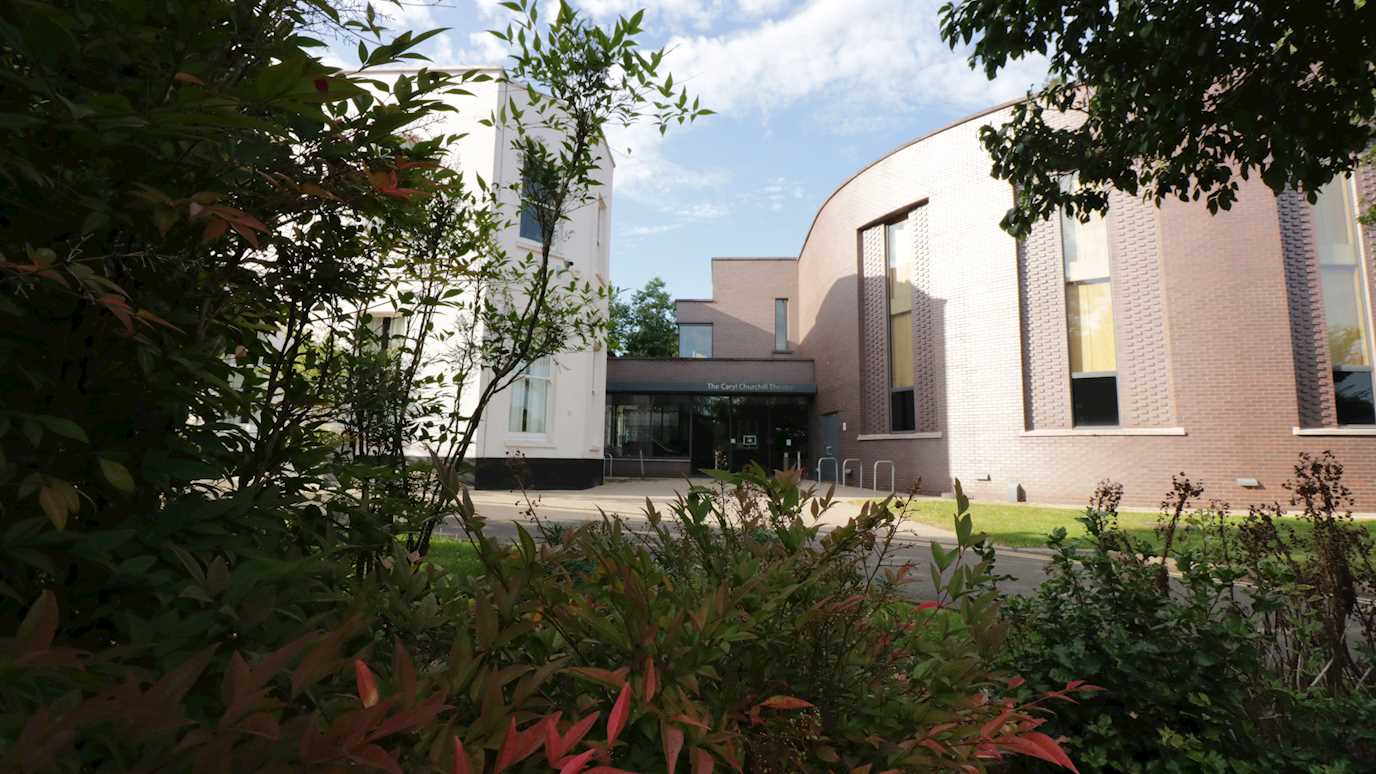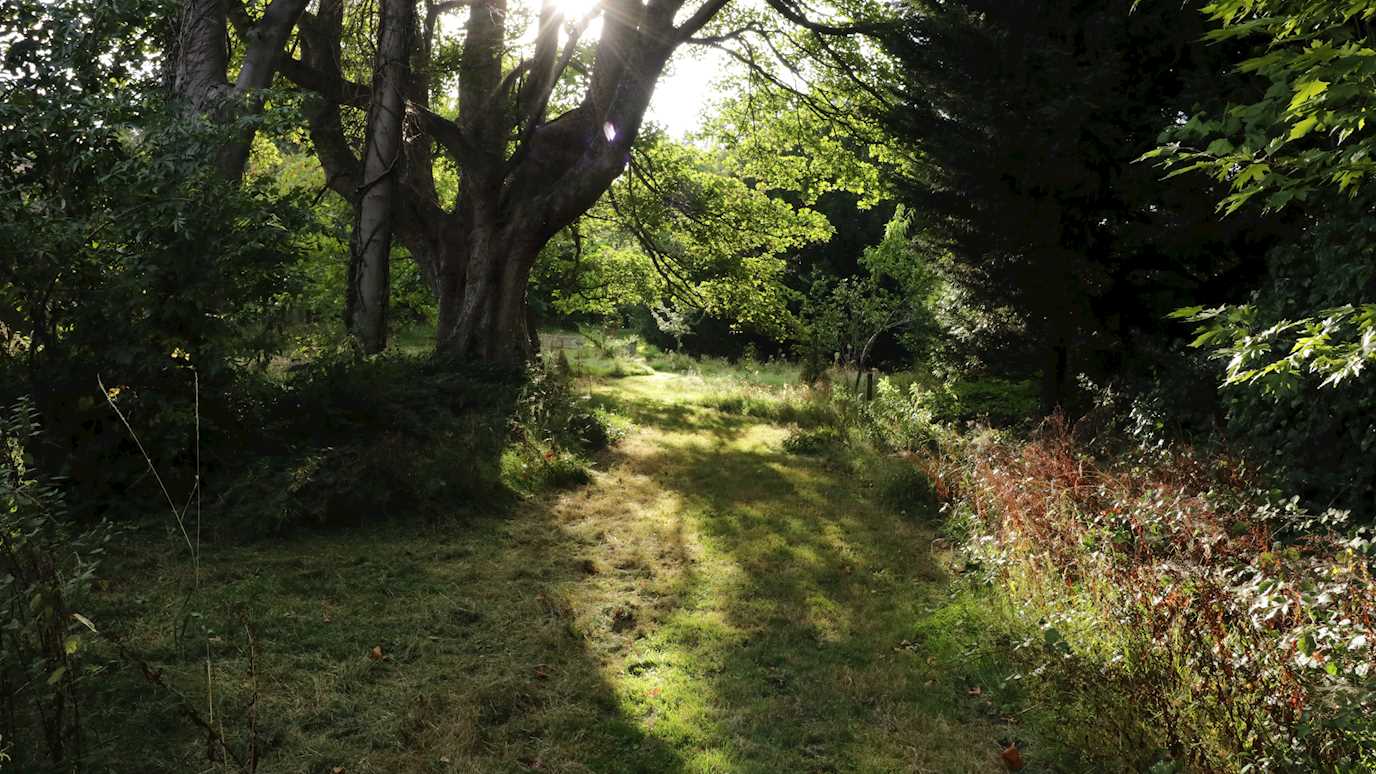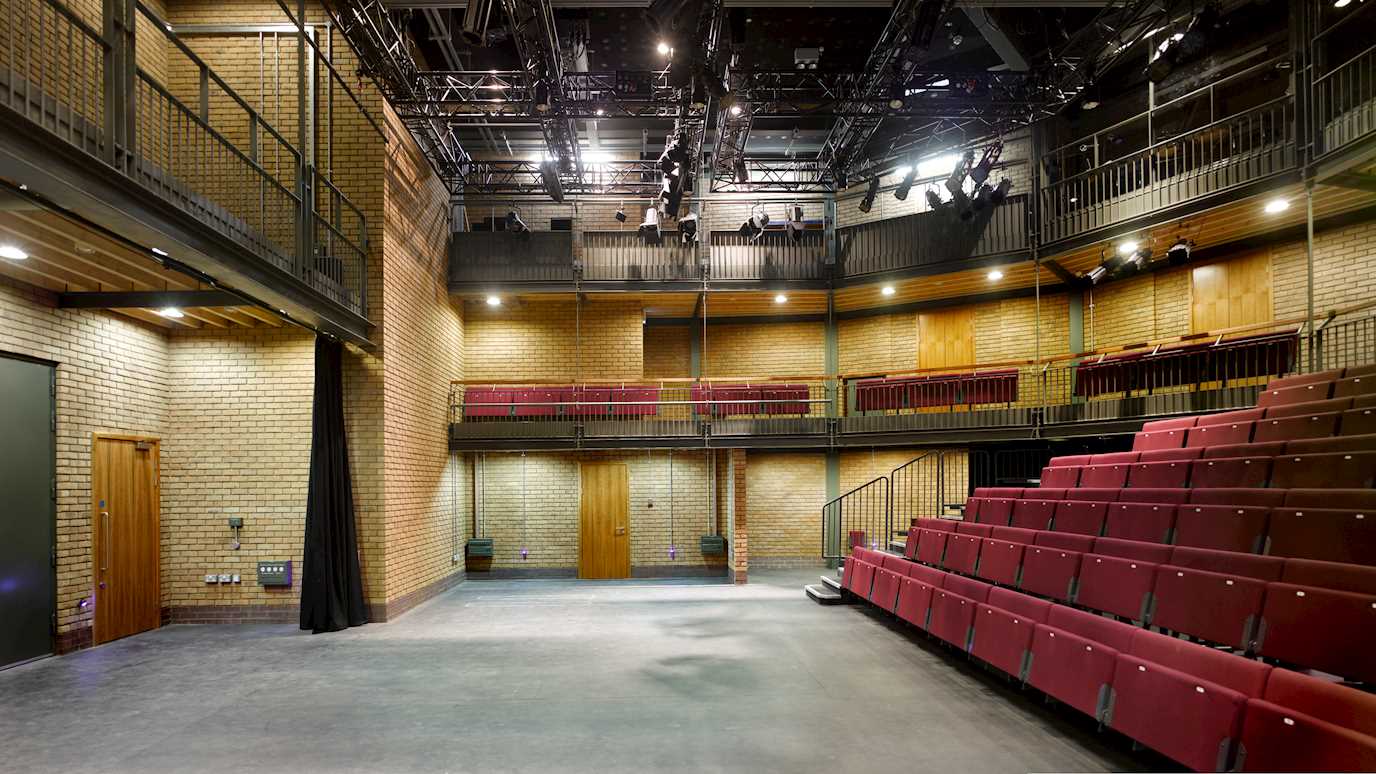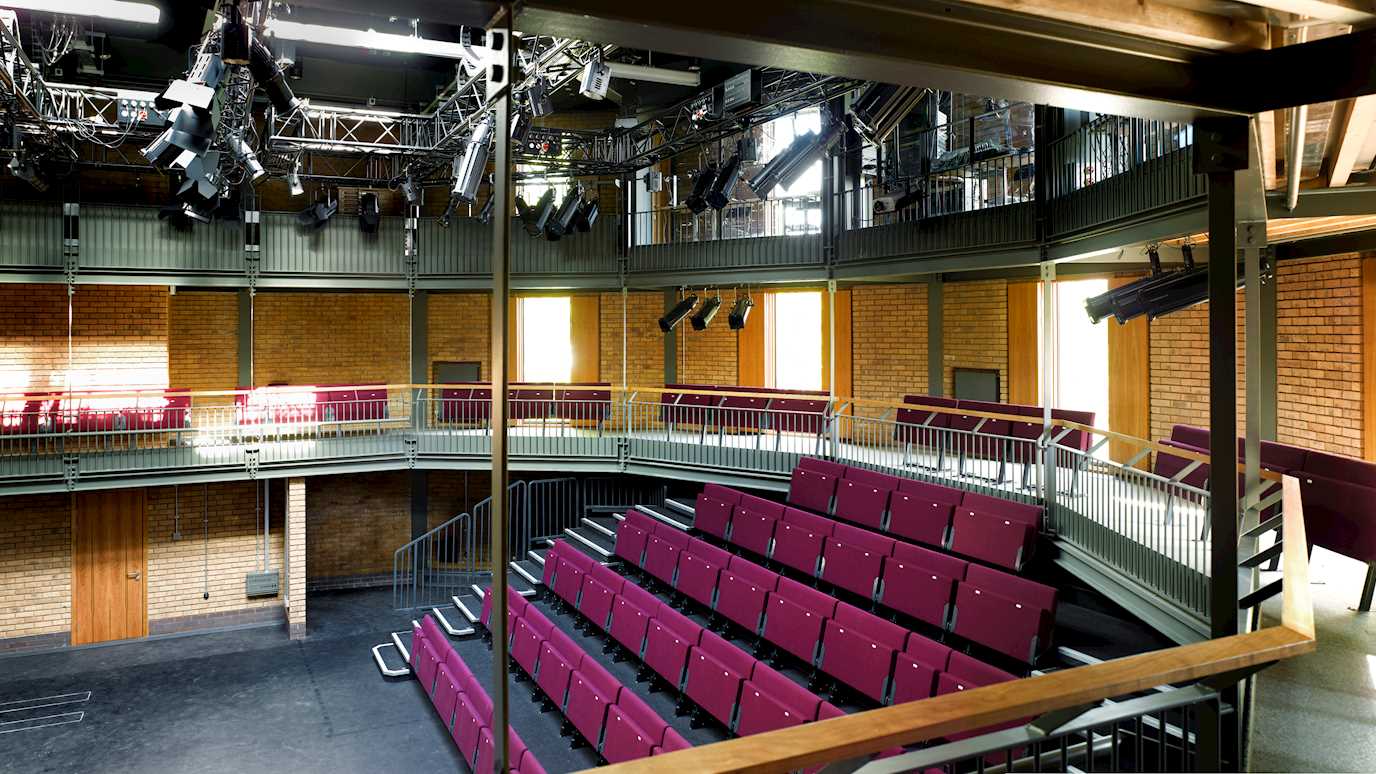Refuse, reduce, reuse, recycle!
“If you think you are too small to make a difference, try sleeping with a mosquito.”
Dalai Lama XIV
- Always switch off all appliances after use – computers, TV, etc.– and try to switch off at the plug socket as well.
- Turn down your heating by 1 degree (or more if you can stand it). If possible, try and do this/ get this done at work.
- Switch off lights in rooms that you are not occupying.
- Store files electronically. If printing is required, only print black + white and both sided. Avoid colour printing wherever possible.
- Buy materials such as food locally and in season wherever possible. This reduces the carbon footprint for suppliers and their supply chain and should help to minimise packaging and storage. Ask questions of any outlet selling food with a lot of single use packaging.
- Recycle and upcycle as much as possible.
- Increase your use of public transport, Shanks’s pony, bikes and car share.
- Replace electronic and media devices only when needed, rather than as a matter of fashion.
- Separate out waste when possible. Cross contamination of recyclable materials by items such as foodstuffs can critically compromise the recycling and relegate the material to landfill.
- Be BOLD, be a champion. Persuade friends and family to take up these easy steps and dramatically improve impacts both at home and work. Use and support suppliers that provide EVIDENCE that they consider the environment.
Here are some examples of students making a difference:
In May 2019 Cosmo Cattell and other students took a motion to the Students’ Union declaring a council emergency. The then President of the SU, Clem Jones, worked with Liz Schafer to take a similar motion to the Universities and College’s Union, and then to the college governing council. Council declared an emergency in February 2020 and since then has developed a university strategy that addresses environmental concerns. Plans for implementation are to be taken to council in autumn 2021.
In 2020, following a campaign by five first year students, including Rhiannon Morey, RHUL made Ecosia the default search engine in PC labs and on loan laptops. Ecosia is a ‘carbon-negative’ search engine that aims to be a greener alternative to search engines like Google and Bing. Ecosia use 80% of their profits to fund the planting of trees across the world and since Ecosia began in 2009, they have planted more than 113 million trees. The CO2 footprint of an internet search has been estimated at 0.2g. Ecosia tries to reduce this by building their own solar plants to power all searches using the engine, as well as planting trees and offsetting energy use with renewables. More than 1,200 computers at RHUL now suggest Ecosia as standard.
See also
https://sustainablestudentrhul.wpcomstaging.com/category/royal-holloway/
Please consider using Ecosia for your internet searches.
























